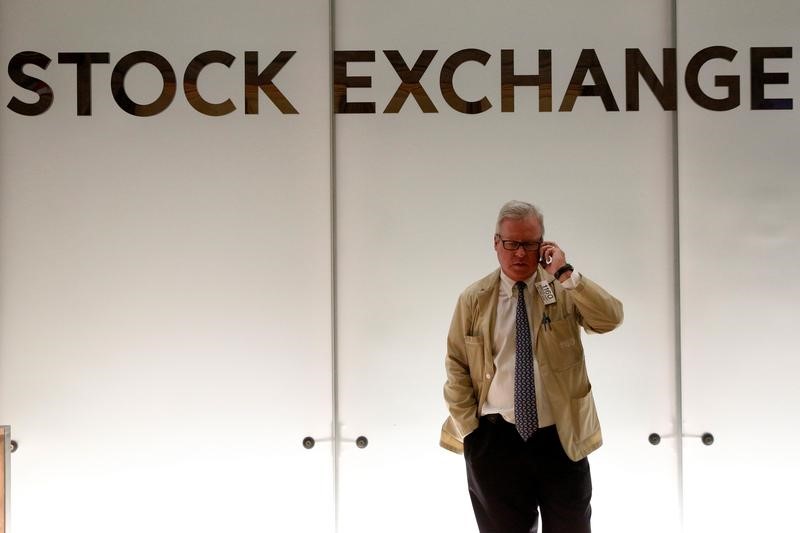* Asian stock markets : https://tmsnrt.rs/2zpUAr4
* S&P 500 futures fall 5% to be limit down
* Asian shares set for more losses, oil falls anew
* US dollar firm on safe-haven, high liquidity status
* More countries shut businesses, tell people to stay home
By Wayne Cole
SYDNEY, March 23 (Reuters) - Asian markets were set for another turbulent week on Monday as more countries all but shut down in the fight against the coronavirus, threatening to overwhelm policymakers' frantic efforts to cushion what is clear to be a deep global recession.
In a taste of what was to come, E-Mini futures for the S&P 500 ESc1 dived 5% right at the start of Asian trading to be limit down. Nikkei futures JNIc1 sank 5.8%.
Oil was not far behind as mass bans on travel worldwide crushed demand for fuel. Brent crude LCOc1 futures slid a further $1.90 to $25.01 a barrel in chaotic trade, while U.S. crude CLc1 shed $1.58 to $21.05. O/R
Analysts fear the collapse in oil and other commodity prices will set off a deflationary wave making it harder for monetary policy easing to gain traction as economies shut down.
Nearly one in three Americans were ordered to stay home on Sunday to slow the spread of the disease, while Italy banned internal travel as deaths there reached 5,476. President Donald Trump went on TV to approve disaster deceleration requests from New York and Washington, while St. Louis Federal Reserve President James Bullard warned unemployment could reach 30% unless more was done fiscally. stocks have already fallen more than 30% from their mid-February and even the safest areas of the bond market experiencing liquidity stress as distressed funds are forced to sell good assets to cover positions gone bad.
"It would be a brave, or foolish, man to call the bottom in equities without a dramatic medical breakthrough," said Alan Ruskin, head of G10 FX strategy at Deutsche Bank (DE:DBKGn).
Also needed would be evidence that China can re-emerge from the virus, without reigniting infections and, that other major economies have hit the inflection points for infection rates, he added.
"Even were social distancing to subside at the earliest plausible dates in Europe and the U.S., it will have done extraordinary damage to confidence in a host of key sectors."
The mounting economic toll led to a major rally in sovereign bonds late last week, with efforts by central banks to restore liquidity in the market allowing for more two-way trade.
Yields on the benchmark U.S. 10-year note US10YT=RR dived all the way to 0.84% on Friday, having been as high as 1.28%, an enormous swing that has become all too common.
Treasury futures TYc1 extended the bounce on Monday by climbing more than a full point.
In New Zealand, the central bank announced its first outright purchase of government paper aiming to inject much-needed liquidity into the local market. currency markets, the first instinct on Monday was to dump those leveraged to global growth and commodity prices, sending the Australian dollar down 1.4% to $0.5717 AUD=D3 .
The U.S. dollar was again buoyed by safe-haven flows and edged up 0.2% on the yen to 111.03 JPY= , while the euro eased 0.3% to $1.0662 EUR= .
Against a basket of currencies the dollar gained 0.4% to 102.810. =USD
The steady rise in the dollar undermined gold, which slipped 0.5% to $1,490.07 per ounce XAU= . GOL/
<^^^^^^^^^^^^^^^^^^^^^^^^^^^^^^^^^^^^^^^^^^^^^^^^^^^^^^^^^^^ Asia stock markets
https://tmsnrt.rs/2zpUAr4 Asia-Pacific valuations
https://tmsnrt.rs/2Dr2BQA
^^^^^^^^^^^^^^^^^^^^^^^^^^^^^^^^^^^^^^^^^^^^^^^^^^^^^^^^^^^> (Editing by Sam Holmes)
